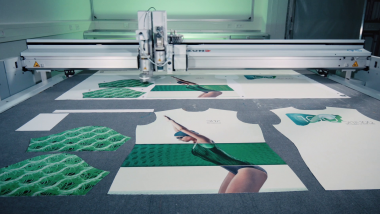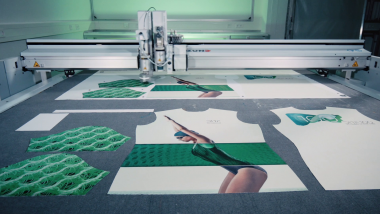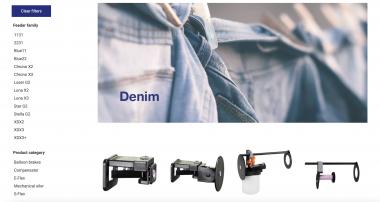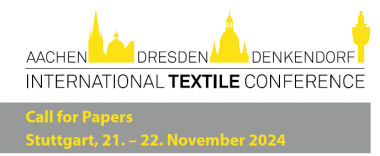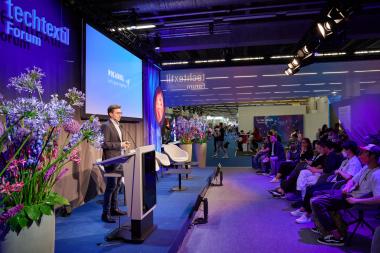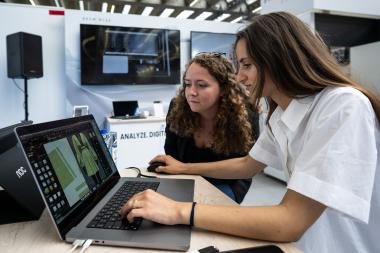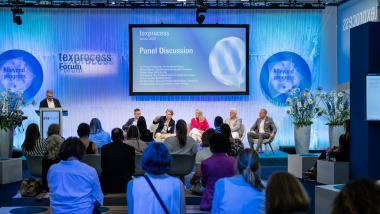ACIMIT: Orders for Italian textile machinery declining in Q2 2024
In the second quarter of 2024, the order index for Italian textile machinery, as reported by the Economics Department of ACIMIT – the Association of Italian Textile Machinery Manufacturers, showed a decline compared to the period 2023 April-June (-17%). In value terms, the index stood at 49.8 points (base 2021=100).
This result is completely due to the decrease recorded in foreign markets (-22%), where orders represent 86% of the total. Conversely, in Italy, there was a 25% recovery compared to the second quarter of 2023. The absolute value of the index in foreign markets was 48.8 points, while in Italy it was 57.3 points. In the second quarter, the order backlog reached 4.3 months of assured production. Additionally, ACIMIT’s survey shows that in the first six months of 2024 the utilization rate of production capacity by Italian manufacturers was 61%. This percentage is expected to rise to 64% in the second half of the year.
Marco Salvadè, president of ACIMIT, stated: “The order index for the second quarter shows a clear slowdown abroad compared to last year. This decline highlights the high uncertainty due to the difficult geopolitical situation“. The confirmation of what is indicated by the ACIMIT index also comes from Italian export figures, updated to the first quarter of 2024. Excluding China and Egypt, the main foreign markets show a general decline in demand for textile machinery, not just Italian one.
ACIMIT - Association of Italian Textile Machinery Manufacturers











